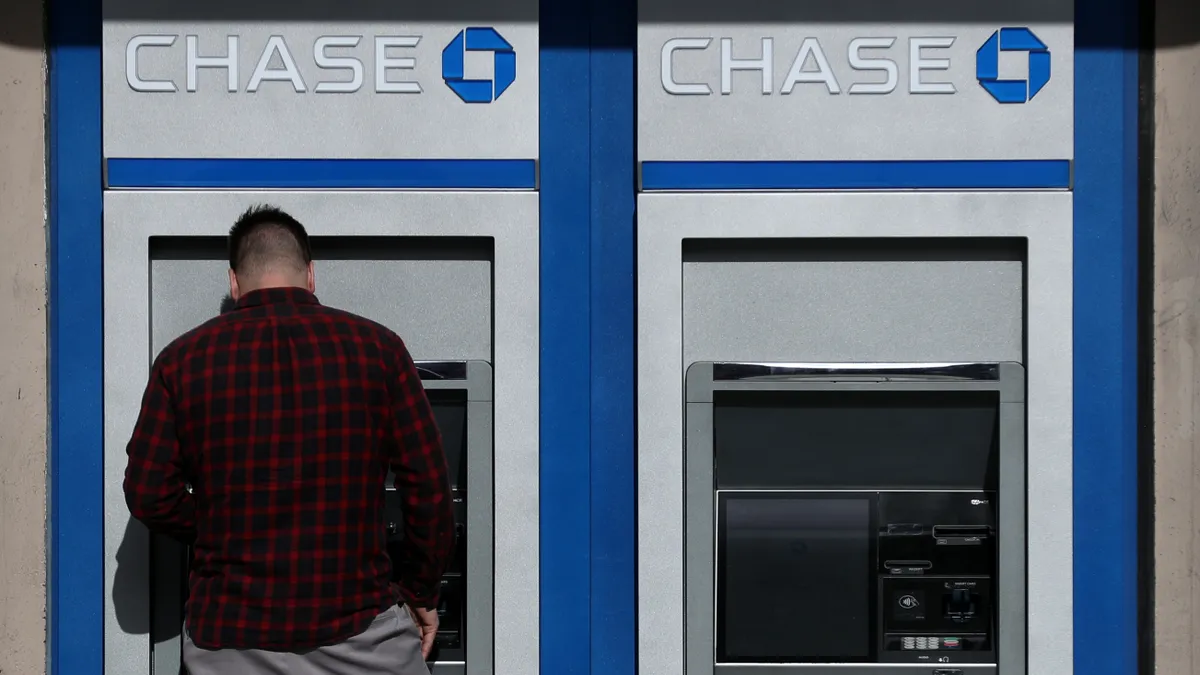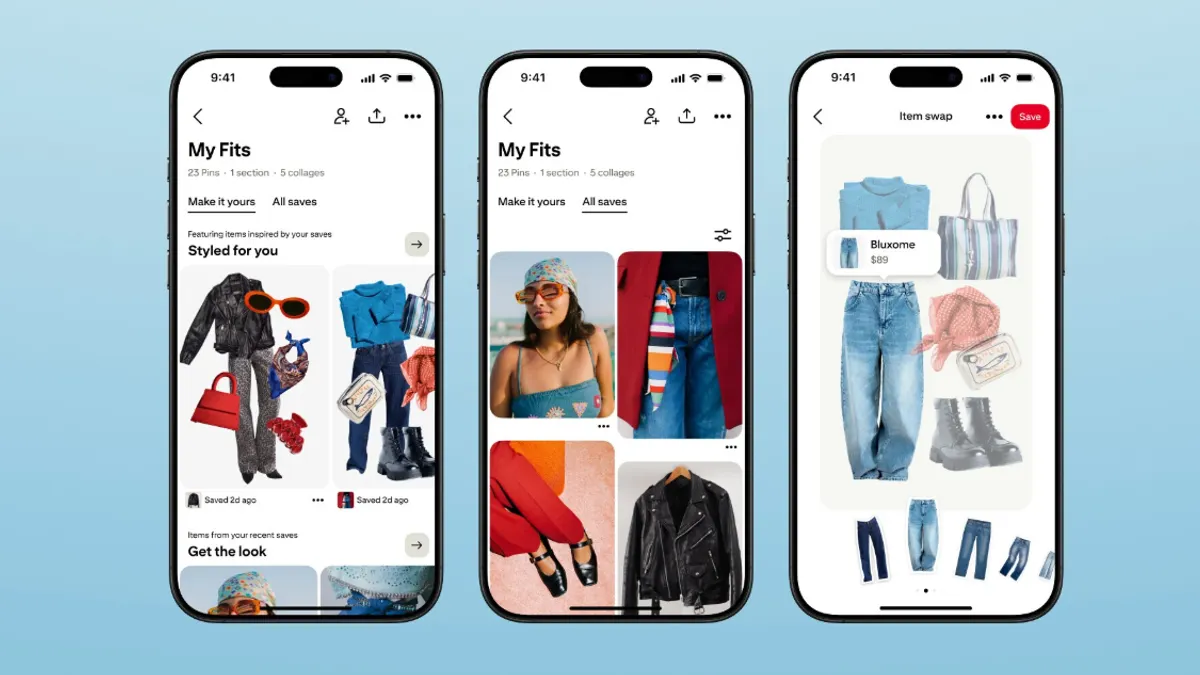As businesses aim to keep up with customers' growing demand for personalization in all aspects of their lives, some financial service providers have begun to look at leveraging customer transaction data to meet the need.
“Financial services brands are challenged with addressing all of the financial and lifestyle needs of the customers,” Chandra Shekaran, principal and global head of Tata Consultancy Services’ cards and payments industry advisory group, said in an email.
At JPMorgan Chase, meeting the challenge has meant launching a new business unit. Chase Media Solutions, unveiled in April, is an entity dedicated to personalizing cash-back offers by leverage transaction data. Visa plans to expand its data tokens, a decade-old technology used to encrypt sensitive payment data, providing merchants with customer transaction data to personalize their e-commerce experiences.
As with most discussions about personalization, data privacy comes into question. There’s a fine line between effective targeting and making customers feel creeped out, violating trust in the process.
But personalized CX is worth pursuing, especially when financial institutions have so much first-party data, David Minsker, head of industry strategy at data company LiveRamp, said in a statement. That’s valuable to both the banking company and prospective advertisers.
“The ability to collaborate with first-party data … empowers financial services brands to unlock a deeper understanding of their customers across their purchase history, preferences and behaviors while adhering to evolving privacy policies, building lock-tight brand trust,” Minsker said.
Personalization vs. privacy
More than 90% of customers are concerned about the security of their private information, according to an April survey of 1,000 people from the U.S., Canada, the European Union and U.K. Another survey, conducted in February, found 4 in 5 customers would like transparency from companies about how they use personal data.
Shekaran noted that, technically, government legislation around data privacy already mandate customer protections. The European Union has General Data Protection Legislation, better known by its acronym, GDPR. The U.S. has a collection of laws at the federal and state levels.
“Financial firms process data in accordance with the data privacy [laws],” Shekaran said. “And as long as this has the customers’ consent, this does not violate [privacy] in any manner.”
Visa’s data-token expansion plans hinge on consent. Though the program is in its early stages and not much detail has been announced, the company has stated directly that customers will be required to consent to sharing dating, can access a record of where they have shared their data and revoke data sharing if they so choose.
Chase Media Solutions deals less in sharing data. Though the company does use historical transaction data to create targeted cash-back offers within its app and website, that data stays within the company. Once a customer redeems an offer, only data from that specific transaction is shared with the merchant, such as total purchase amount and date of purchase.
How customers feel about data privacy and whether it actually impacts loyalty and trust may be two separate conversations. Customers don’t always consider that data may be anonymized, Adam Kleinberg, CEO of marketing firm Traction, said in an email. Rather, customers tend to form opinions about data privacy as an abstract concept.
“There are many, many consumers — upwards of 35% by some estimates — that turn on or install ad blockers on their phones. Those people are the ones saying ‘I care about my privacy enough to do something about it,’” Kleinberg said.
Another reality that the general public doesn’t always consider is the impact of cookies. Long before demand for data privacy swelled, cookies enabled websites to remember users, personalize CX and target ads.
Despite Google abandoning a plan to phase them out, some marketers and CX leaders are looking to move beyond cookies and are turning their attention to retail media. Retail media networks allow brands to target customers with personalized messaging directly on an e-commerce website, as opposed to a general page of search results or a social media platform.
That’s what Chase Media Solutions is all about. And payment institutions have troves of first-party data that merchants do not, which unlocks another level of personalization.
“I believe that we are on the precipice of a massive play by financial institutions,” Kleinberg said. “You are going to see more and more banks, credit cards and others sell data based on your spending habits.”
Return on data investment?
It’s not just Chase and Visa exploring how to monetize transaction data. A year ago, Intuit launched SMB MediaLabs, which lets advertisers target ads based on user data from the company’s QuickBooks product. This spring, PayPal announced it is developing a new advertising platform rooted in transaction data.
Retail media is “one of the hottest data collection strategies,” Minsker said. Tech-minded consumers are looking for a larger return in exchange for any data they share, and that value can be delivered with personalized CX, he said. It’s a competitive advantage for financial-services companies, in particular.
“The ability for banking and payment companies to provide their customers with relevant and valuable offers can be a differentiator in where individuals choose to give their business,” Minsker said.
Shekaran agreed that online banking is now the norm and banks need to do more than just offer digital services. It’s one of the reasons personalization via retail media makes sense for the sector — it’s “a cohesive ecosystem for customers and businesses alike to come together and deliver a one-stop shop experience for all the lifestyle needs,” he said.
Chase Media Solutions and Visa with its data tokens could eventually expand their scope, Shekaran continued. Chase, for example, could take personalization a step further and allow customers to redeem other financial products or lifestyle management products tailored to their needs.
Though financial institutions have unique access to transaction data, deep personalization can be used in any industry.
“Any data-rich company can leverage data and insights to connect with their customers on a whole new level and foster enhanced brand loyalty," Minsker said.


















